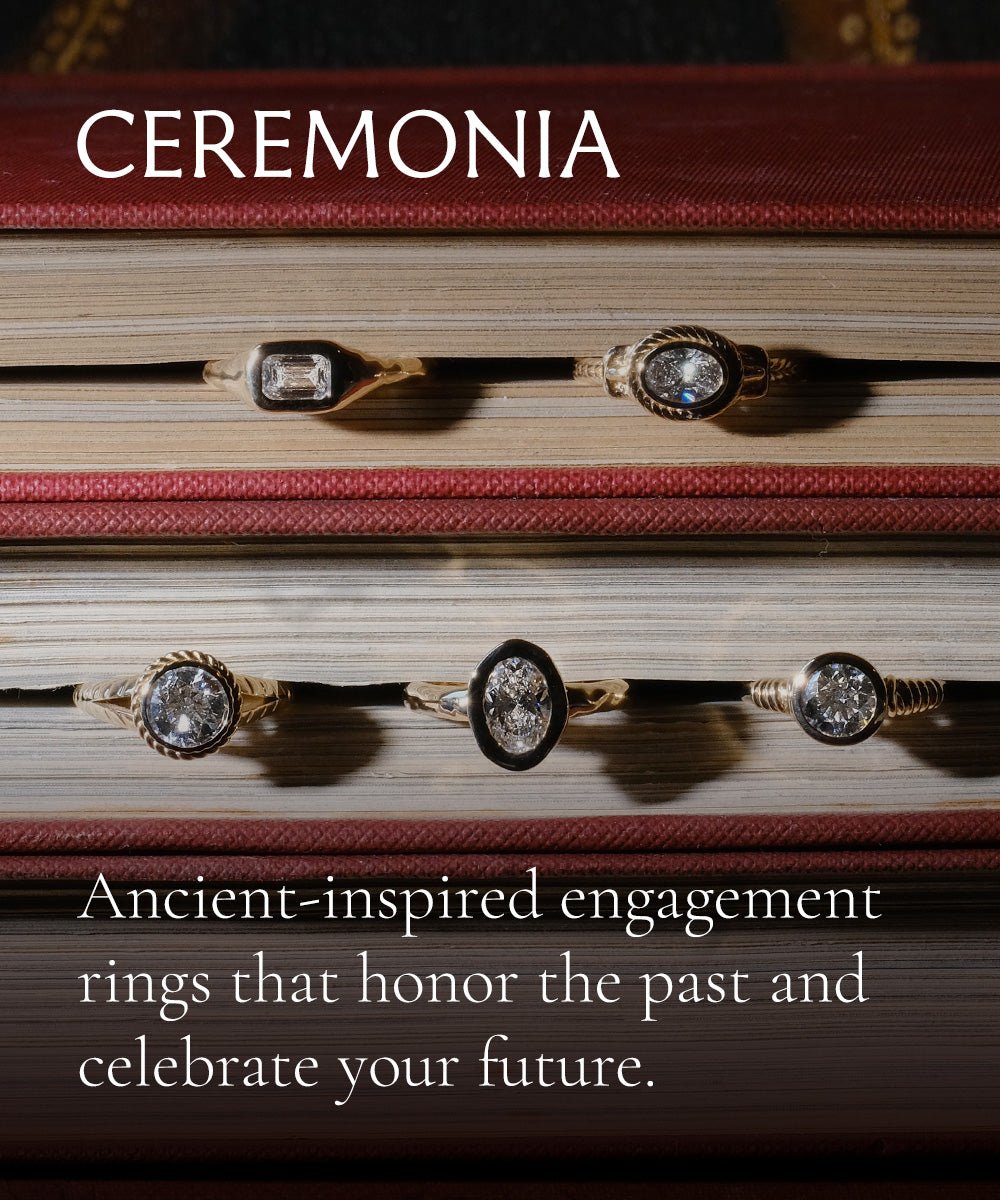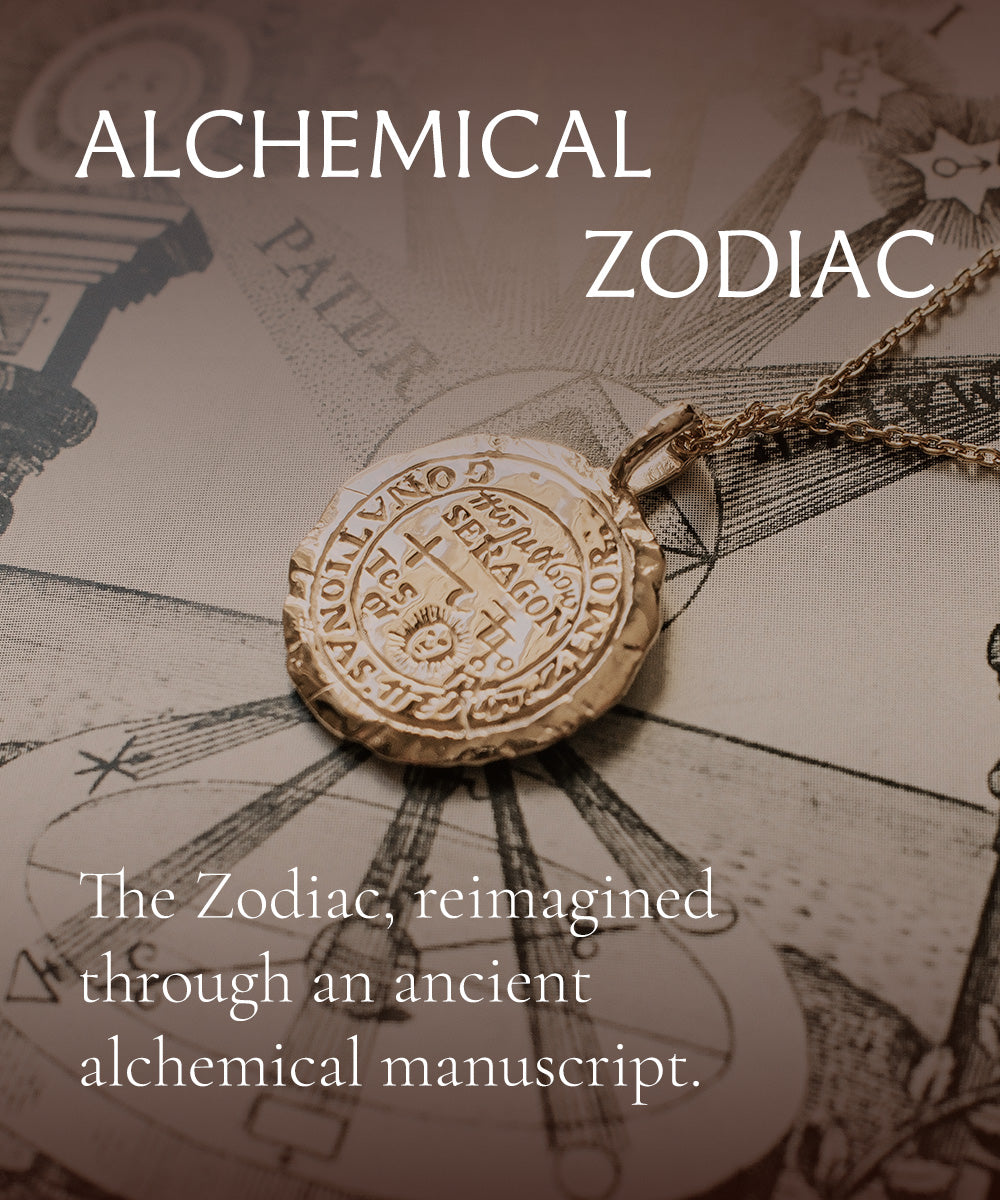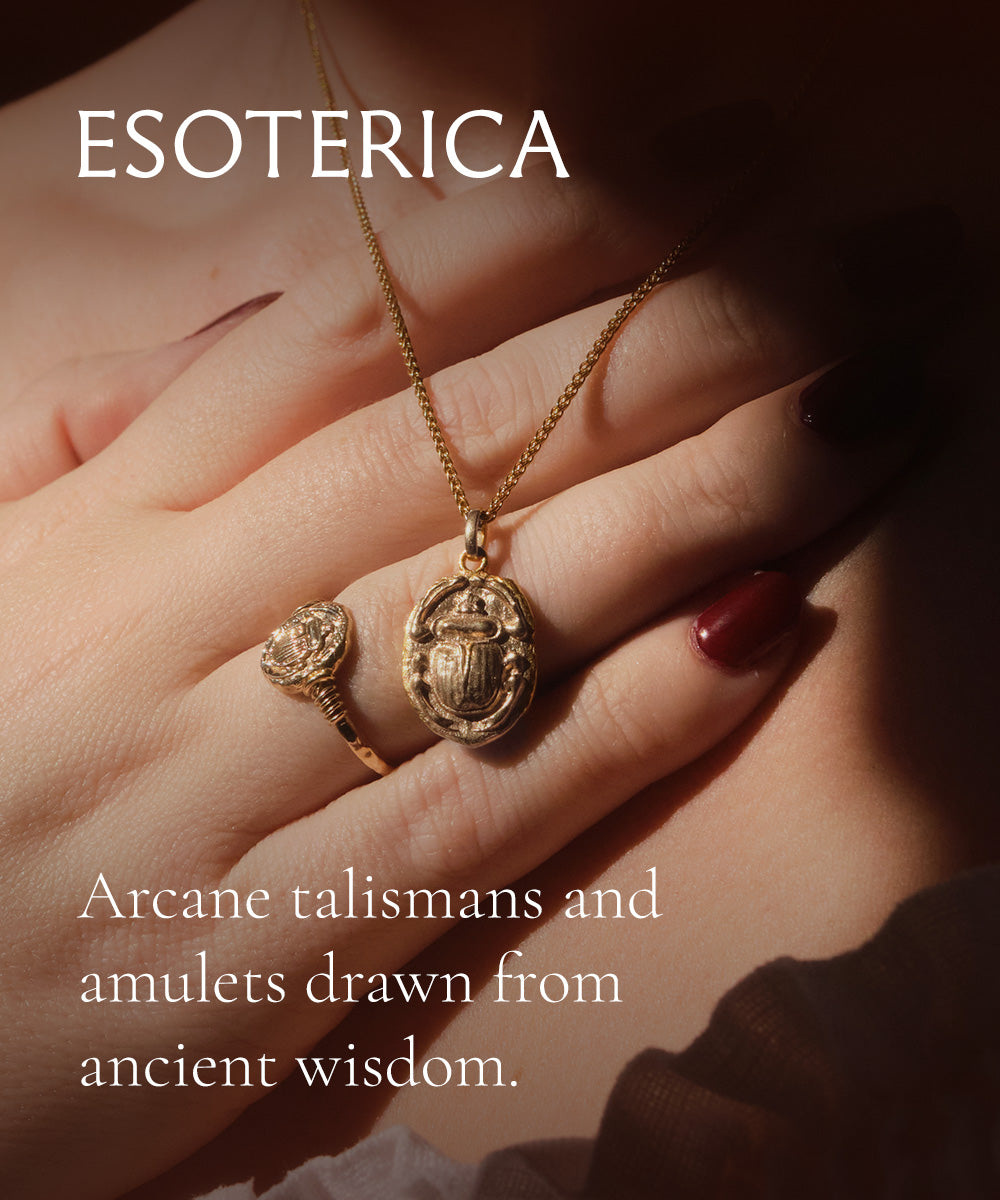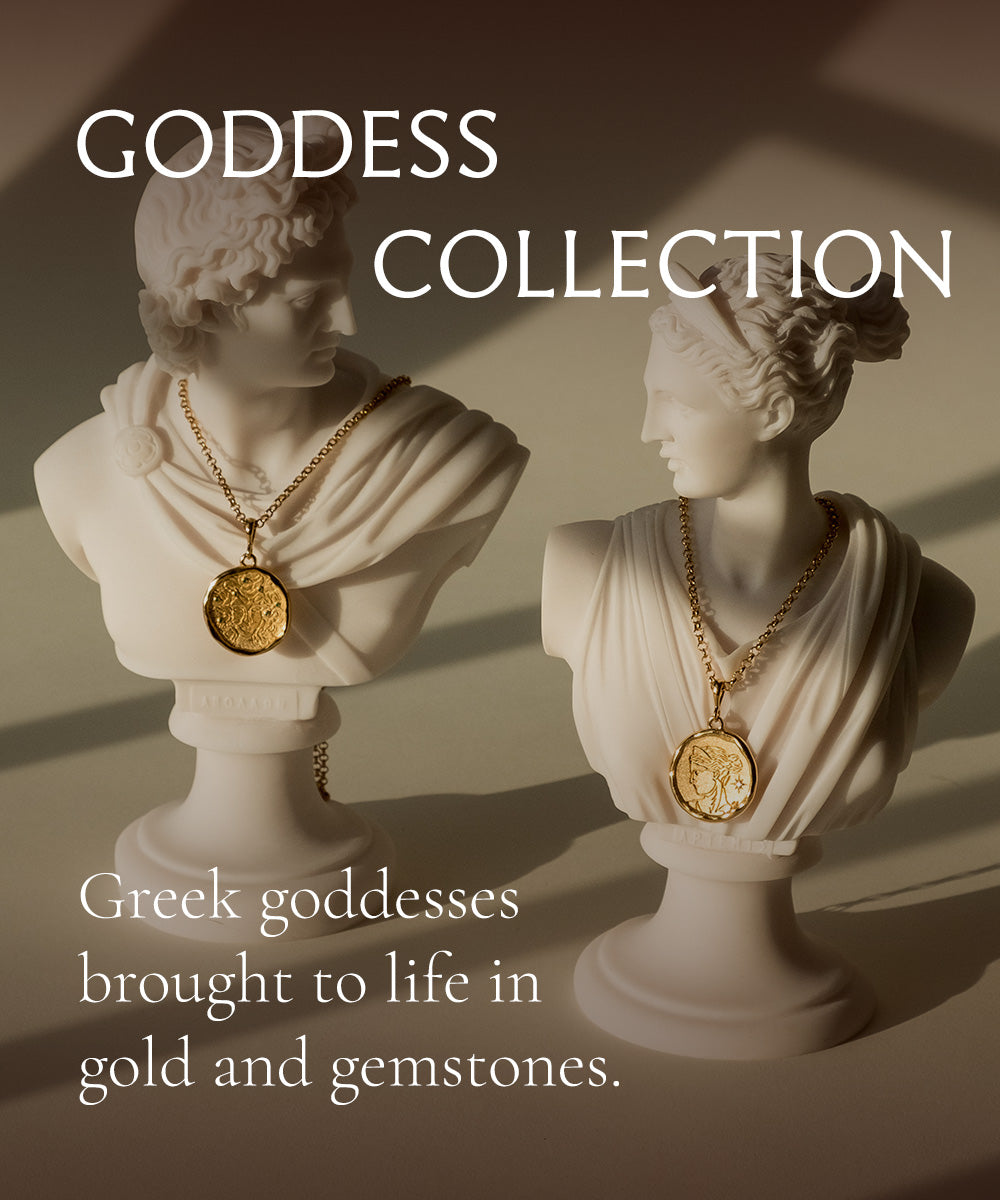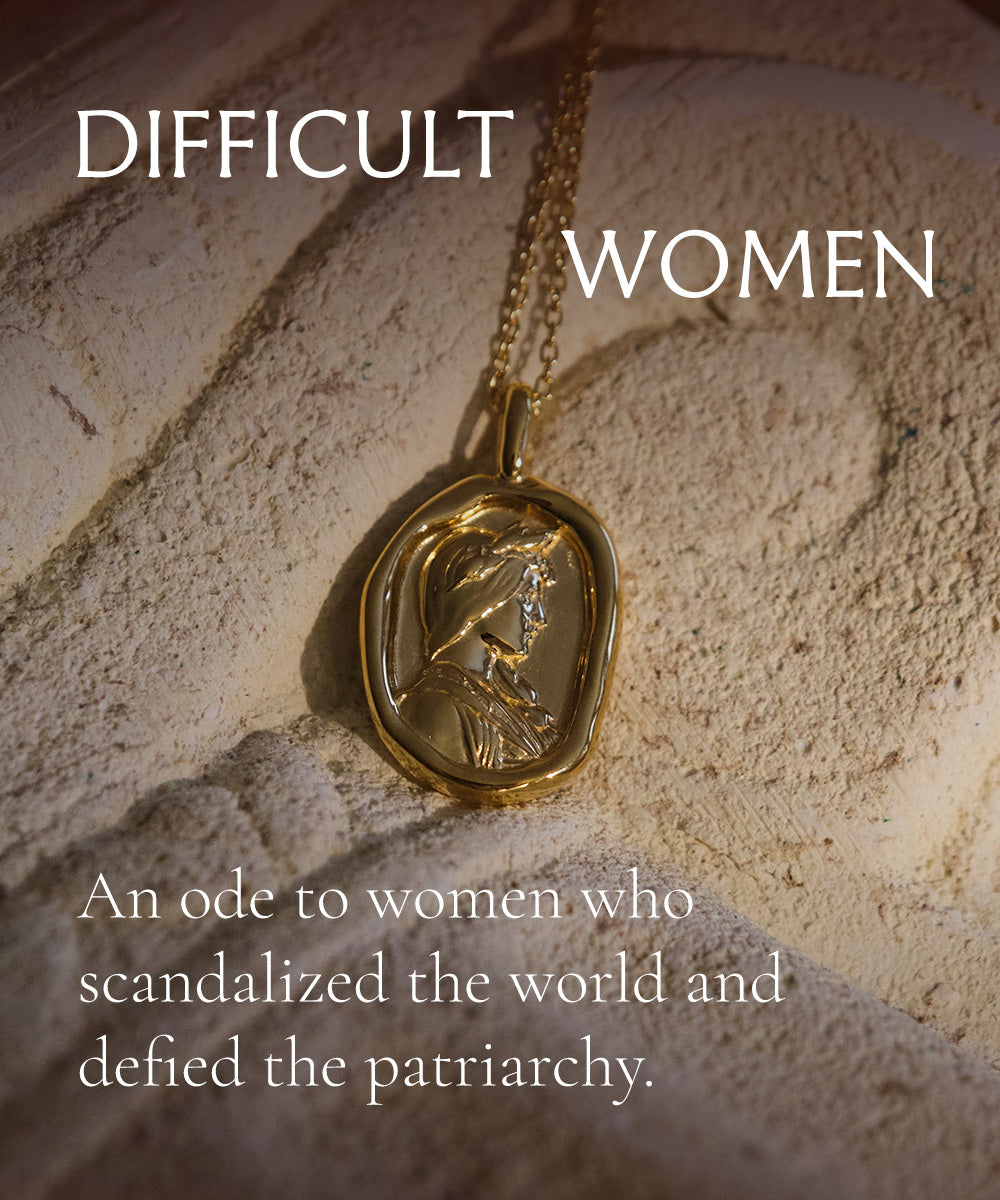We at Common Era would like to remind our community that election day is rapidly approaching! Voting is an integral part of our democracy, and many of us did not have that right until very recent history. Mark November 3rd on your calendars, and find your polling station at the link below.
The earliest well-documented democracy was developed in 5th century BCE Athens. It was absolutely not inclusive, as only adult, male, non-slave, Athens-born citizens of age could vote. However, it was a direct (or “pure”) democracy in that policy was initiated by the will of the people, or at least the majority
In the Athenian democracy, people who were eligible to vote made up less than a third of the population. This is hardly an equal democracy, but the men who could vote had far more individual power than in any other sort of political system seen thus far. Voting citizens had political rights, freedom of speech, and they all could serve in their government institutions.
The Athenian democracy didn’t last long—less than two centuries, though they were prosperous—but during that time, leaders were voted in, majority ruled, and each elected official would step down after serving. Men would assemble to vote on policy, including military matters, allocation of funds, whether to implement laws and decrees, and other pressing matters. All the men who were eligible were allowed to freely speak their mind and be heard by the other citizens, and in short, the people governed themselves.
Today, we see direct democracy in the Crow Nation of Montana. The tribe is governed by a General Council that includes all voting-age tribe members. Decision making is done through meetings and elections, where the people vote for or against committees, initiatives, referendums, recalls, removals and amendments.
This particular tribe has had more of its land, people and culture preserved than many other Indigenous American tribes. Called Absaroka or Apsáalooke in their language, the Crow Nation supported the U.S. military in the mid-nineteenth century, but were not treated as allies after the wars. Most Indigenous tribes were forced to move off of the land they had known all their lives and live on reservations, but in the late 1800s, Chief Plenty Coups spoke out against U.S. senators who would have abolished Crow Nation entirely, and succeeded in preserving the land that was theirs.
“More than anything, we desire to improve the Crow quality of life. We strive to create a future that provides an abundance of good-paying jobs while providing hope and prosperity for generations of Crow citizens. Through unity, the Apsáalooke people shall prosper." -Alvin Not Afraid, Jr., Chairman of the Crow Tribe
Unity is indeed fostered by inclusive, direct democracy. But most democracies are not like Athens or the Crow Nation. For instance, the federal government of the United States is not a direct democracy. Only a small amount of lawmaking is done by popular vote. The people of the United States vote for representatives (from local government all the way up to Congress) to express their will in government, and call it a representative democracy. This is why it is so important to vote, and not just in federal elections—your representatives are speaking and voting on your behalf, so you had better make sure to elect those who will represent your values, understand your needs, and act accordingly.
Some argue that a representative democracy cannot truly express the will of the people. Through voter suppression, the will of the majority can be suppressed by a minority that is often backed by the wealthy, through processes like gerrymandering, voter intimidation, strict voter ID laws, deceptive rules, lack of accommodation, and so on. Because of this, the representatives that are elected do not necessarily represent the will of the majority. And due to the deep chasm that is the steadily-growing wealth gap, some might argue that our form of government is closer to an oligarchy controlled by the rich than any sort of democracy.*
Policy should reflect the will of the people. Polling shows that the United States is a Democratic majority nation, but that is not represented in the U.S. Congress or in the White House. Does that mean that voting doesn’t do anything, or that your vote doesn’t matter? Absolutely not—in fact, the only consistent power that the people have is through voting for the representatives they want. Droves of would-be Democratic voters did not make it to the polls in 2016, but had they voted, that shift would have favored the popular candidate. This doesn’t just apply to the presidential election every four years. Change happens at a local and state level. It is our responsibility as citizens to be informed on what we are voting for, and to participate in democracy whenever possible.
This year, and every year thereafter, we the American people will exercise our rights and have our voices heard. Come November 3rd, get your mask and your friends, go out and vote!
To check your registration status: https://www.vote.org/am-i-registered-to-vote/
To find a polling location: https://www.vote.org/polling-place-locator/
Make sure your voice is heard, fill out the 2020 census: https://my2020census.gov/
Forms of voter suppression: https://www.votingrightsalliance.org/forms-of-voter-suppression





